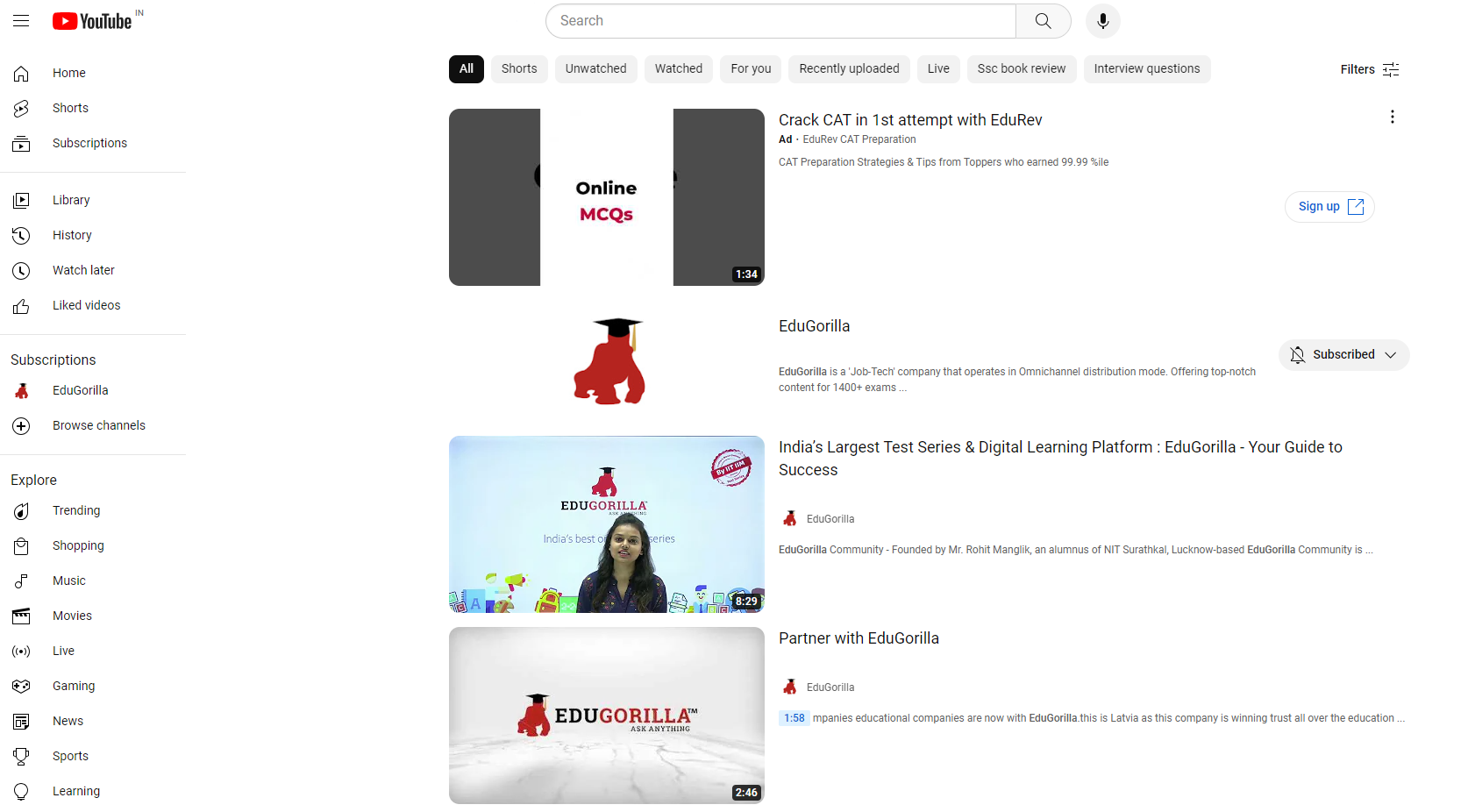Most research studies on homework over the last 40 years have concluded that kids benefit from doing schoolwork outside of class, both in terms of success gains and in fostering independence, responsibility, organizational and time management skills, and healthy study habits. Below we’ve gathered some homework tips for teachers which can help you manage your class effectively.

Preparing a Homework
Homework assignments must be well-designed and meticulously structured in order to have a good influence on student learning and explain your expectations. Among the specific research findings are:
- Homework is most effective when it covers previously taught topics. Giving an assignment on content presented the same day, on the other hand, is not as effective as giving the assignment to review and reinforce abilities mastered before.
- When homework is utilized to reinforce abilities taught in prior weeks or months, it cements the concept.
- When homework is employed to teach complicated abilities, it is less effective.
Purpose of Homework
The most common reason for assigning homework is to have students practice information covered in class in order to reinforce learning and enhance mastery of certain abilities. Preparation tasks provide an overview of the topics that will be covered in future classes. These tasks are designed to help students get the most out of the new content discussed in class.
Extension homework is applying previously taught abilities to new contexts. For example, students may study in class about the circumstances that led to the French Revolution and then be assigned homework to apply what they learned to the Indian Revolution. Finally, integration homework demands students to combine previously gained abilities to create a single result, such as book reports, science projects, or creative writing.
Features of Good Homework
When assigning homework, teachers should keep the following features in mind. Good homework assignments:
- Students should be given clear instructions.
- Can be finished successfully.
- Are not very lengthy.
- Can be finished in a flexible time period.
- Use easily available information and materials.
Positive Effect of Homework
The greatest immediate benefit of homework is that it can increase retention and comprehension. In a more indirect manner, homework may enhance kids’ study abilities and attitudes toward school, as well as show children that learning can occur anywhere, not only in school buildings.
Homework has nonacademic benefits such as encouraging independence and responsibility. Finally, homework may include parents in the educational process, increasing their appreciation of education and allowing them to voice positive sentiments about the importance of academic achievement.
Negative Effect of Homework
Parents and educators are concerned that requiring pupils to spend too much time on academic topics may tire them. Homework can limit access to leisure time and community activities, both of which teach valuable life skills. Parent engagement in schoolwork may quickly devolve into parental intervention.
Homework may also lead to the development of negative character qualities if it encourages cheating, whether through assignment copying or homework assistance that extends beyond tutoring. Finally, homework may amplify existing social imbalances. Children from low-income homes may struggle to complete tasks more than their middle-class counterparts.

How Much Homework Should be Assigned?
Experts believe that the number and type of homework should be determined by the student’s developmental stage. According to the National Education Association, homework for students in lower grades is most beneficial when it is limited to ten to twenty minutes each day.
Children in grades three through six can benefit from thirty to sixty minutes of physical activity every day. Junior high and high school kids might benefit from increased homework time, which may vary from time to time. These ideas are harmonious with the findings of research concerning the usefulness of homework.
Homework Tips for Teachers
- Homework must be life-changing, enjoyable to do, hard, and hilarious.
- If students arrive with finished homework in hand but it is never collected or used in class, it won’t be long before they quit completing it entirely.
- Even if they give it in and never see it again, that’s not much of an improvement. Prepare to offer comments on what students performed well and what they still need to improve on to make the assignment worthwhile.
- Ascertain that pupils are adept in whatever they are practicing as we know consistency is the key.
- Don’t form harmful habits and say no to impending punishments! Homework may play a role if it is used to reinforce tasks that pupils are already skilled in.
- Students are more likely to finish shorter tasks. It’s intimidating to realize that when you start your homework, you’ll have three hours of work ahead of you… It’s so intimidating that you might never start.
- The illusion of control is provided through choice. If you want pupils to study or practice anything from their assignment, come up with two or three alternative ways for them to learn or demonstrate what they learned. Then, offer the children the choice of what they wish to do. That way, you’ll receive a little more buy-in.
- Be flexible, not every learner needs to practice the same abilities all of the time. There’s no reason why everyone should get the identical practice task. You are, once again, a doctor issuing prescriptions. Provide pupils with the necessary practice.
Conclusion
Homework may be a useful teaching tool. The link between homework and accomplishment, on the other hand, is heavily impacted by the kids’ developmental stage. Expectations regarding the impacts of homework, particularly in the short term and in lower grades, must be kept in check. In addition, homework can have both positive and bad consequences.
Neither educators nor parents should be worried about whatever list of homework consequences is right. Rather, homework rules and practices should provide local schools and instructors the freedom to consider their kids’ particular needs and situations in order to maximise positive impacts and avoid negative ones.
ABOUT GIBBON
Gibbon is a Plug and Play solution offered by EduGorilla, for anyone with a skill to teach. Gibbon helps you to take your classes online and earn independently.
- Gibbon gives you the ability to conduct & record LIVE classes, host unlimited video courses, provide online mock tests, and conduct online tests with LIVE proctoring abilities.
- Gibbon also provides you ready-made content of 1600+ Competitive, Entrance, and Academic exams from around the country.
- Gibbon helps you reach out to more students online and get a complete marketing setup.
- We have helped more than 3000 Brands, 10000 Institutes, 20000 Teachers and 2 Crore Students, transform their education and future.
Gibbon stands for “Online-Ready Teachers for a Future-Ready India”.
To get started, book your free demo now.






